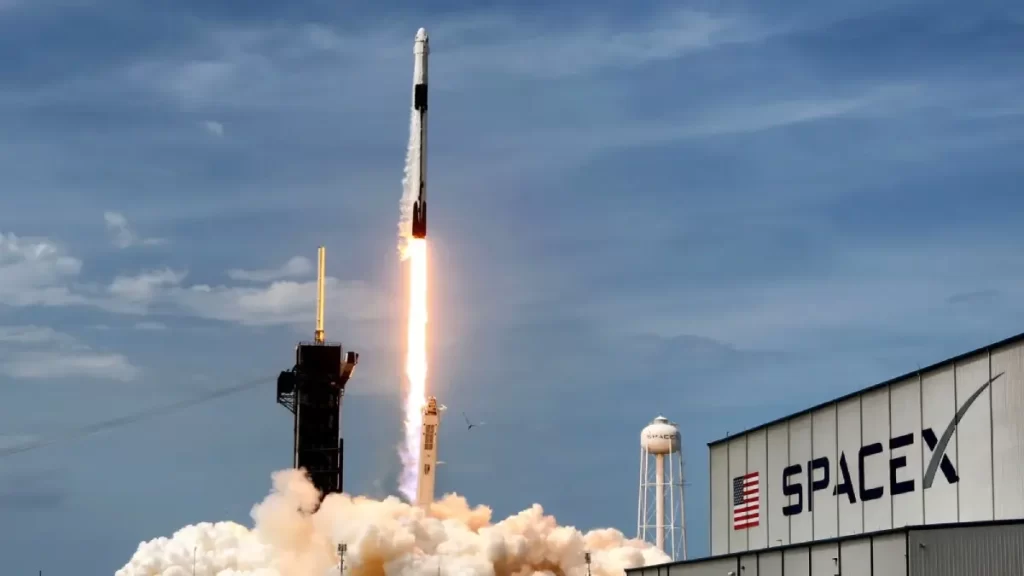Orbital Reef, billed as a “mixed use business park in space,” will be operational by the second half of the decade.
Dreams of living in space are getting closer to reality. Blue Origin, the space startup founded by Amazon billionaire Jeff Bezos, and Sierra Space on Monday announced plans for Orbital Reef, a commercially developed, owned and operated space station to be built in low-Earth orbit.
Orbital Reef, billed as a “mixed use business park in space,” will give customers the chance to have an address in space, according to a statement. The companies expect that private firms, individuals and governments will be interested in making use of the orbiting facilities. The space station will be operational by the second half of the decade, according to the press release.
The space station will offer transportation and logistics, space habitation, equipment accommodation and an onboard crew. As Orbital Reef’s market grows, so will module berths, vehicle ports, utilities and amenities. It will also welcome tourists.
Announcing #OrbitalReef – a commercial space station transforming human space travel and opening access to new markets. Our team developing the premier commercial destination in low Earth orbit: @BlueOrigin @SierraSpaceCo @BoeingSpace @RedwireSpace @ASU https://t.co/PP4wxrfkF3 pic.twitter.com/qJDdYg7BSv
— Orbital Reef (@OrbitalReef) October 25, 2021
“For over 60 years, NASA and other space agencies have developed orbital space flight and space habitation, setting us up for commercial business to take off in this decade,” Brent Sherwood, Blue Origin senior vice president of advanced development programs, said in a statement.
Some of Orbital Reef’s backers include Boeing, Redwire Space, Genesis Engineering Solutions and Arizona State University.
The news comes after major space contractors Lockheed Martin and Nanoracks announced plans last week for their own commercial space station, dubbed Starlab.
Private company Axiom Space also has similar aspirations.
Other commercial space station plans have come and gone in recent decades, but so far human habitats in orbit have largely remained the domain of national governments, led by the International Space Station.
The ISS is currently funded through at least 2024. The debate around how long to extend the life of the station has been a near constant conversation almost since its inception. We shall see how the increase of interest in commercial space stations may or may not shift that discussion.



